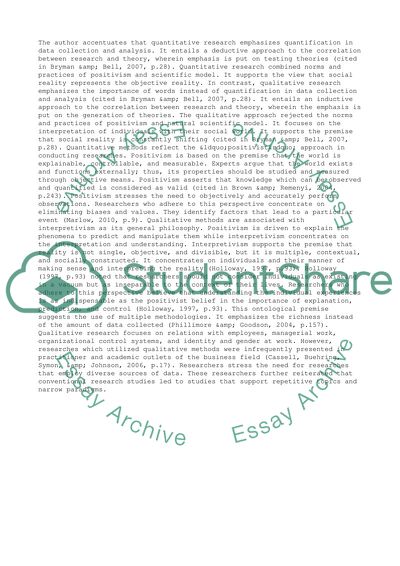Cite this document
(“Methods Employed in Business Research Essay Example | Topics and Well Written Essays - 1500 words”, n.d.)
Retrieved from https://studentshare.org/business/1393030-research-methods
Retrieved from https://studentshare.org/business/1393030-research-methods
(Methods Employed in Business Research Essay Example | Topics and Well Written Essays - 1500 Words)
https://studentshare.org/business/1393030-research-methods.
https://studentshare.org/business/1393030-research-methods.
“Methods Employed in Business Research Essay Example | Topics and Well Written Essays - 1500 Words”, n.d. https://studentshare.org/business/1393030-research-methods.


